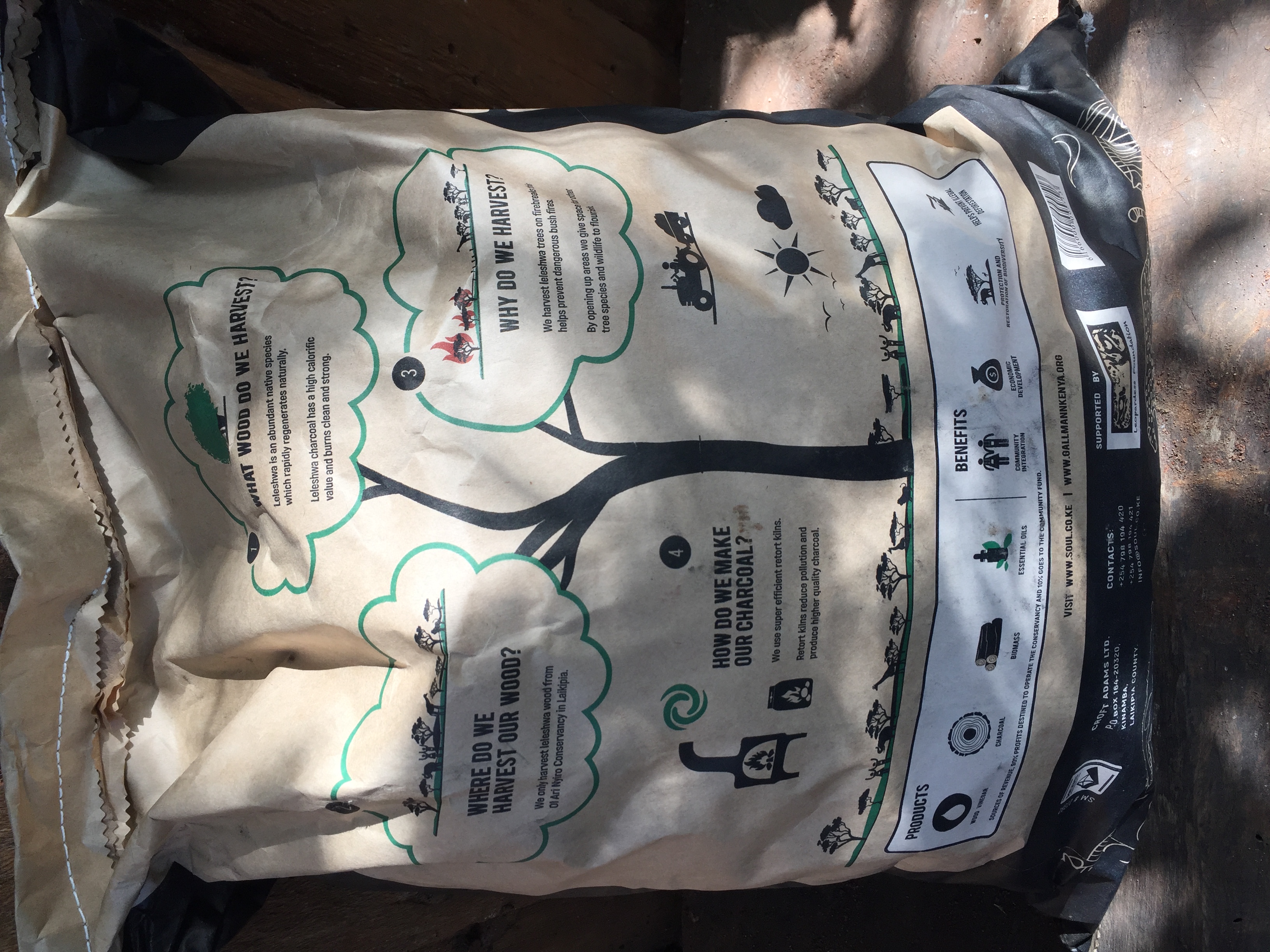
The underground miner goes to work in the middle of a layer cake, each layer telling the story of a past epoch in the Earth’s history. But coal companies have proved endlessly adaptive, adept at wriggling out of one legal vise after another. Make the companies pay for a portion of the damage their jobs wrought on men’s bodies, and they’d take a bit more interest in preventing that damage in the first place.

The hard-won, incremental reforms achieved by miners and their allies over the decades since have been battles in the ongoing war to put the man on par with the mule in the eyes of company bean counters. A man they just paid for the work he did a mule they had to buy.” The essence of a coalfield adage dating to the industry’s early days, when mules hauled out of the mine what men had extracted, has remained true for generations of miners: “Coal operators always cared more for the mules than the men.

The American coal industry has a virtually unmatched record of death, disease, and destruction, and for more than a century, many of King Coal’s worst excesses have been concentrated in central Appalachia, with southern West Virginia at its core.


 0 kommentar(er)
0 kommentar(er)
